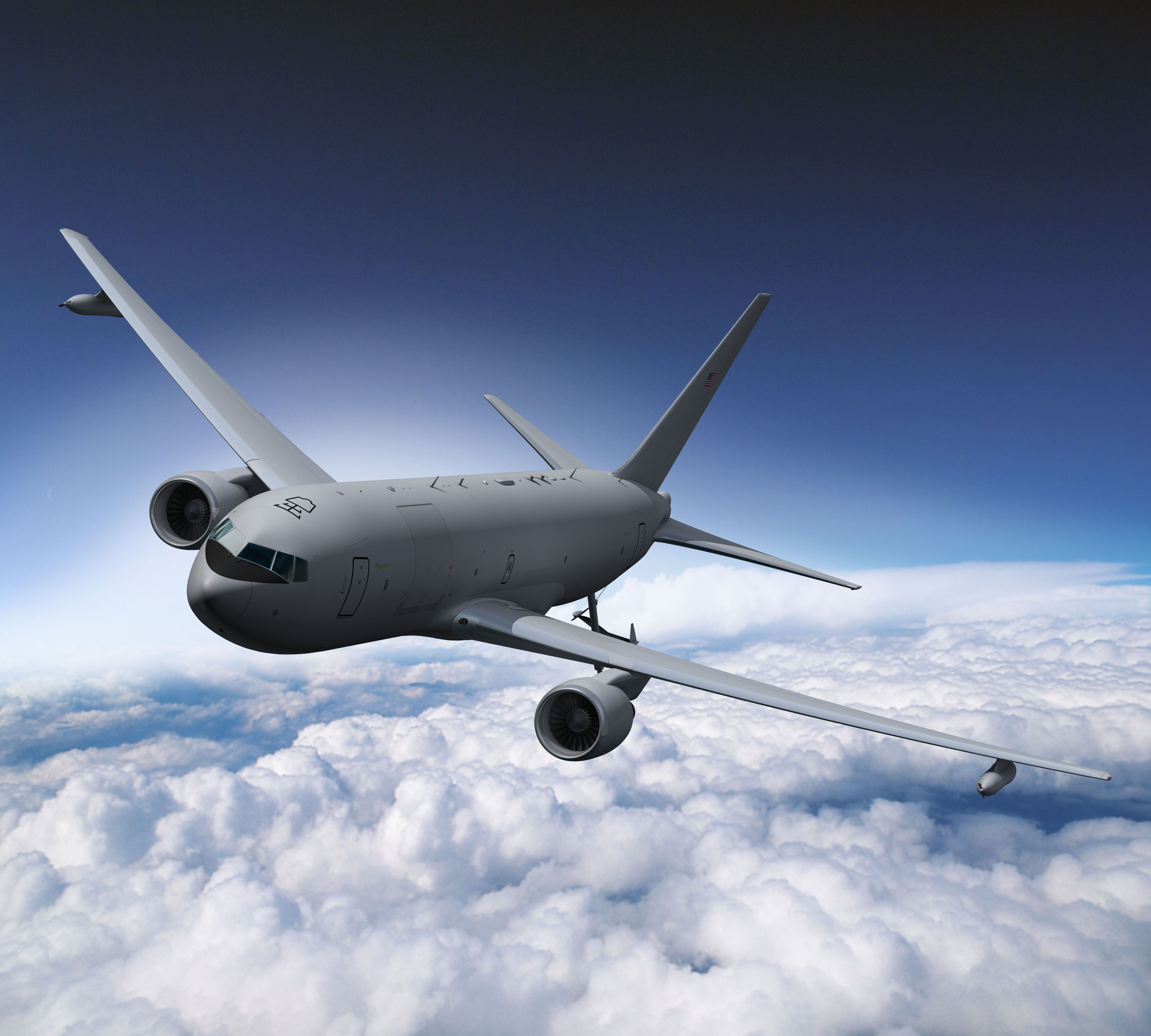Military
Boeing, Airbus Battle for Korean Tanker Deal Is Still Going
Published:
Last Updated:

The South Korean government was supposed to announce a winner in December, but that decision is now expected to be delayed until early next year. A report in The Korea Herald said the delay is due to the failure of the bidders to meet the requirements the government has posed as part of the offset agreements which typically have to do with what and how much the foreign aircraft makers will buy from domestic suppliers. In a military contract this could also include technology transfers related to maintaining and servicing the planes.
Chicago-based Boeing beat back Airbus in 2011 for a new tanker contract with the U.S. Air Force. Under that deal, worth about $52 billion, Boeing will deliver 179 KC-46A tankers to the Air Force beginning with a first delivery of 18 in August of 2017. The KC-46A is based on a version of Boeing’s 767-200ER dubbed the 767-2C that has been modified with a strengthened main-deck cargo floor, cargo door and freighter features, 787-based cockpit, auxiliary fuel tanks and plumbing and wiring to support the refueling boom and mission systems.
Airbus has not been idle though. It’s Multi-Role Tanker Transport (MRTT) has been selected by the governments of the U.K, Australia, Saudi Arabia, Singapore, France, Qatar, the United Arab Emirates, and India. The MRTT is based on the Airbus A330-200 passenger jet and has been designed to fulfill a number of roles in addition to operating as an in-flight refueling tanker.
Airbus highlights its plane’s refueling capability, its passenger transport function, and its potential use as a medical evacuation aircraft. The MRTT can also carry more fuel (111 tons vs. 96.1 tons) and transport more personnel (266 vs. 114) than the KC-46A. Boeing claims that when a tanker goes on a mission it takes only the fuel it needs, so the extra capacity is actually a negative. As usual, the two companies nit and pick at each other’s specifications all down the line.
What may decide the issue, once the offset agreements are negotiated, is which plane can be delivered by South Korea’s desired date of 2017. The Airbus MRTT is available now and assuming that the company can fit the plane into its manufacturing schedule, the delivery date is not an issue. Boeing is not scheduled to deliver the first 18 tankers to the U.S. Air Force until late summer of 2017 and Korean critics of the KC-46A say the country should not buy a plane that has not been thoroughly tested, presumably they mean by the U.S. Air Force. International deliveries of the KC-46A are not likely to begin until 2018
The size of the contract is not a game-changer for either company, but the Boeing plane could use another win. Poland is looking to buy four refueling planes of its own and Boeing would like to win that one if it can’t prevail on the South Korean bid.
There’s a third player in the South Korean bidding as well. Israel Aerospace Industries is offering its Multi-Mission Tanker Transport (MMTT) built from a used Boeing 767 passenger jet. The attraction of this competitor is its price, which is about half the price of either of its competitors.
ALSO READ: Republican Midterm Victory Could Bode Well for Top Defense Stocks
Retirement can be daunting, but it doesn’t need to be.
Imagine having an expert in your corner to help you with your financial goals. Someone to help you determine if you’re ahead, behind, or right on track. With SmartAsset, that’s not just a dream—it’s reality. This free tool connects you with pre-screened financial advisors who work in your best interests. It’s quick, it’s easy, so take the leap today and start planning smarter!
Don’t waste another minute; get started right here and help your retirement dreams become a retirement reality.
Thank you for reading! Have some feedback for us?
Contact the 24/7 Wall St. editorial team.